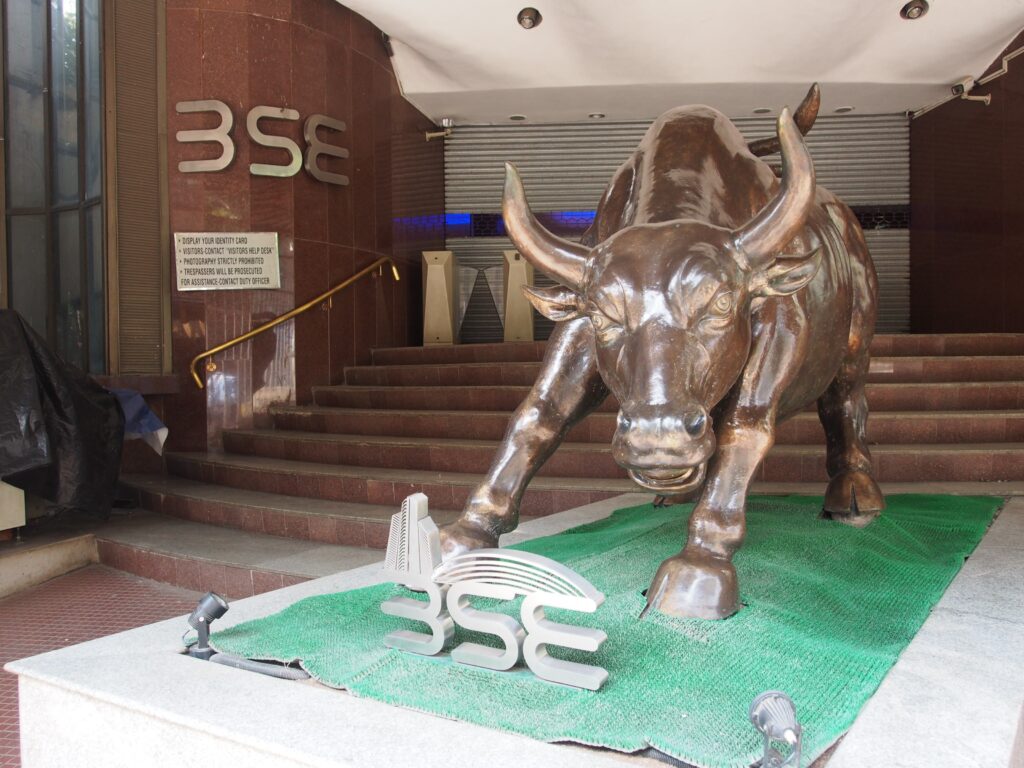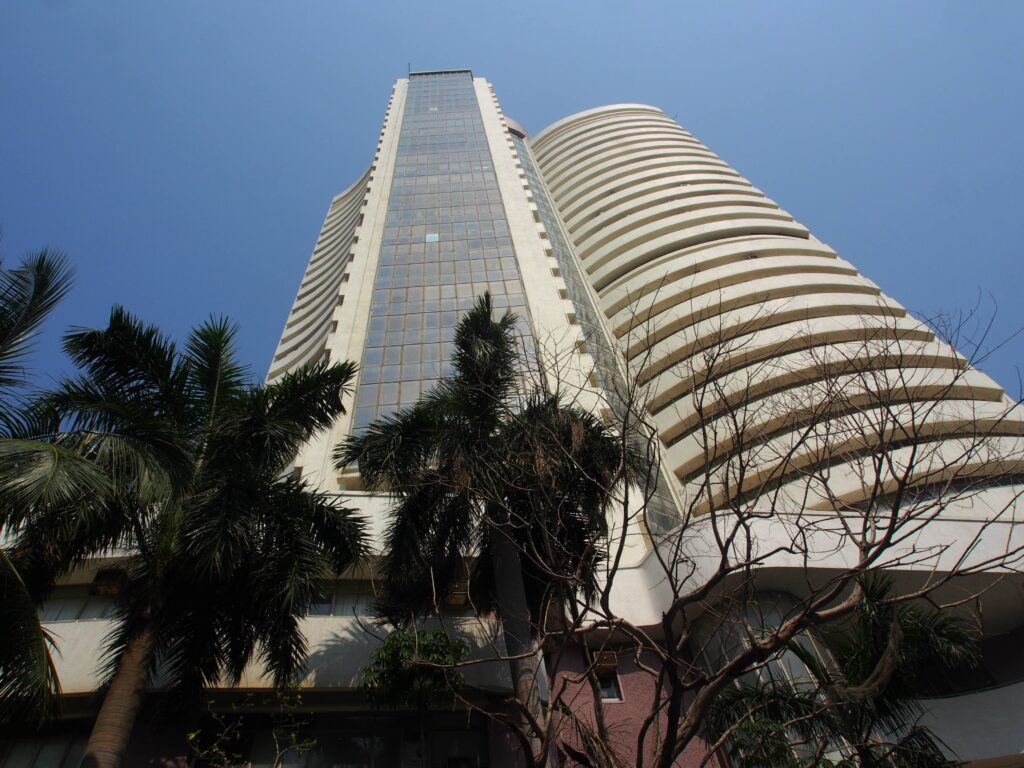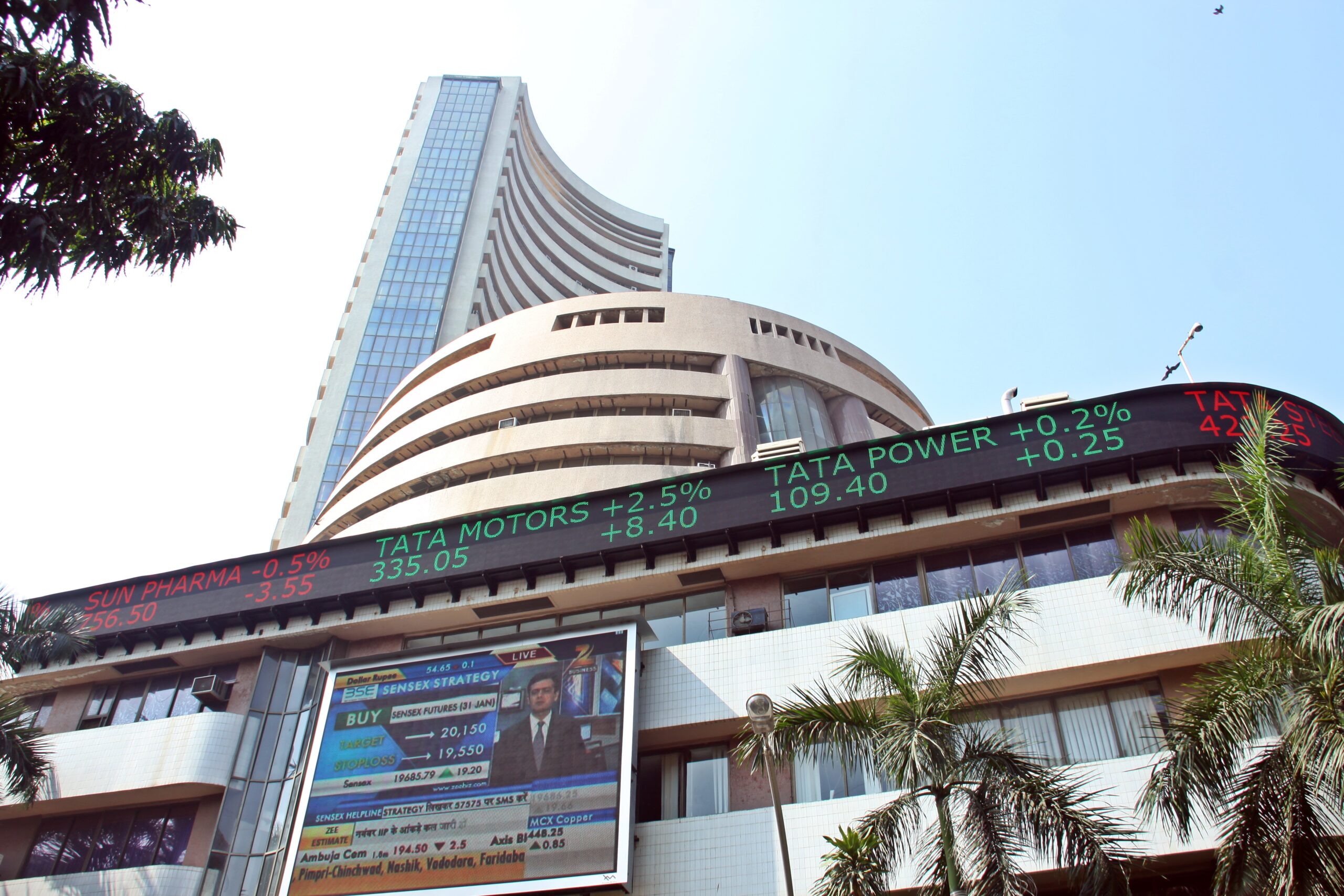The Bombay Stock Exchange (BSE) stands India as one of the oldest and most prominent stock exchanges in the world. Established in 1875, the BSE has played a pivotal role in shaping India’s financial landscape and continues to be a central player in the Indian stock market. With over 5,000 listed companies, the BSE offers a diverse range of investment opportunities for domestic and international investors alike.
What is BSE?
The Bombay Stock Exchange (BSE) is an Indian stock exchange located in Mumbai, India. It is the first exchange in Asia and the world’s 10th largest stock exchange by market capitalization. Initially started as an open-outcry floor exchange, BSE has evolved over time to become a fully automated electronic exchange, with cutting-edge technology and infrastructure. The BSE is home to several benchmark indices, with the most notable being the S&P BSE Sensex, which tracks the performance of 30 of the largest and most actively traded stocks listed on the exchange. The Sensex is often considered a barometer for the Indian stock market, reflecting the overall economic health of the country.
The BSE plays a vital role in connecting investors to companies seeking capital for growth. By facilitating the buying and selling of securities, the exchange ensures liquidity, transparency, and price discovery for various assets such as equities, debt, derivatives, and more. The BSE is regulated by the Securities and Exchange Board of India (SEBI), which ensures the fair and orderly conduct of market activities and protects investors’ interests.
How Does BSE Operate?
BSE operates through its electronic trading platform, which is known as BSE On-Line Trading (BOLT). BOLT provides investors with a seamless and efficient trading experience, ensuring quick order execution and price discovery. The platform is accessible to brokers, institutional investors, and individual traders, making it one of the most inclusive platforms in India.
In terms of market hours, BSE operates from Monday to Friday, with trading sessions occurring between 9:15 AM and 3:30 PM IST. The exchange also provides a pre-market session from 9:00 AM to 9:15 AM, which allows traders to place orders and assess market sentiment before the official trading session begins.
Additionally, BSE has introduced a wide array of financial products, including mutual funds, exchange-traded funds (ETFs), bonds, and commodities. This broad spectrum of offerings allows investors to diversify their portfolios and tap into various segments of the economy.
Key Indices on the BSE
S&P BSE Sensex:
- The Sensex is the flagship index of the Bombay Stock Exchange and comprises 30 of the largest and most influential companies in India. These companies span various sectors, including IT, banking, energy, and consumer goods. The performance of the Sensex is often seen as a reflection of the broader Indian economy, and it serves as a benchmark for many mutual funds and investment portfolios.
S&P BSE 100:
- This index includes 100 large-cap companies listed on the BSE and provides a broad overview of the market’s overall performance. It is often used by institutional investors and fund managers as a reference for their investments.
S&P BSE MidCap:
- The MidCap index tracks mid-sized companies, providing insight into the performance of smaller companies that are typically more volatile but offer higher growth potential.
S&P BSE SmallCap:
- This index focuses on smaller companies with a market capitalization below the mid-cap category. Small-cap stocks are often considered riskier but have the potential for significant returns.
Trading on the BSE
Investors can buy and sell securities on the BSE through a network of brokers who are licensed by the exchange. These brokers act as intermediaries between the exchange and the investors, executing orders based on the investors’ instructions. Investors can open trading accounts with these brokers, through which they can place orders for buying or selling shares on the exchange.
Additionally, the BSE has introduced an electronic trading system called BSE On-Line Trading (BOLT), which is one of the fastest and most advanced systems globally. It allows for high-frequency trading and ensures the utmost transparency in price discovery. Investors can view live prices, track stock movements, and analyze market trends in real time, which is crucial for making informed investment decisions.
Share Prices on the BSE
Share prices on the BSE are determined by the demand and supply of stocks, with real-time prices available for investors to make decisions. Stock prices fluctuate based on several factors such as company performance, industry growth, global economic conditions, and investor sentiment. The prices of shares listed on the BSE are continuously updated during trading hours, offering investors a real-time view of the market.


Here’s an example of how BSE share prices can be viewed in a column format:
| Stock Name | Closing Price (INR) | Change (INR) | Percentage Change (%) |
|---|---|---|---|
| Reliance Industries | 2,529.00 | +45.50 | +1.83% |
| Tata Consultancy Services | 3,125.00 | -18.30 | -0.58% |
| HDFC Bank | 1,497.00 | +12.70 | +0.85% |
| Infosys | 1,627.00 | +29.50 | +1.85% |
| ICICI Bank | 850.00 | +6.30 | +0.75% |
This table provides a snapshot of the stock performance for key companies listed on the BSE. The “Closing Price” represents the last traded price at the end of the trading day, the “Change” column shows the difference from the previous trading day’s closing price, and the “Percentage Change” reflects the percentage increase or decrease in the stock’s price.
Why Invest in BSE?
Investing in stocks listed on the BSE can offer multiple benefits. The Indian stock market, being one of the fastest-growing economies globally, presents significant opportunities for long-term growth. The BSE is home to several blue-chip companies that offer stability and consistent returns. Furthermore, with an increasing number of domestic and international investors participating in the Indian stock market, the BSE provides ample liquidity and transparency.
Additionally, the BSE has implemented robust regulatory measures to ensure a secure and fair trading environment. This gives investors confidence that their investments are protected and that the market operates according to the highest standards.
Conclusion
The Bombay Stock Exchange (BSE) has been a pillar of India’s financial system for over a century. With its broad range of indices, financial products, and cutting-edge electronic trading platform, BSE offers numerous investment opportunities. Whether you are an individual investor or an institutional player, the BSE provides a reliable avenue for capital growth, offering transparency, liquidity, and access to some of the biggest companies in India. As India continues to grow as a global economic power, the BSE is poised to remain a critical player in the financial markets, helping shape the future of India’s economy.
FOLLOW:https://newsroom47.com/gold-rally-prices-soar-as-trumps-speech/
Newsroom 47
